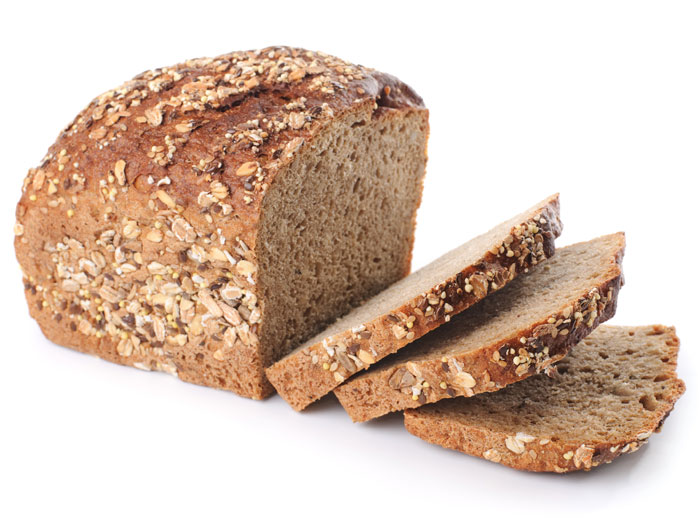USDA-Approved Whole-Wheat Bread Package Size is Now More Common and Less Costly for the Special Supplemental Nutrition Program for WIC
April 8, 2020 | 2 min to read

USDA’s Special Supplemental Nutrition Program for Women, Infants, and Children (WIC) provides nutritious foods to low-income pregnant, breastfeeding, and postpartum women and to infants and children up to age 5. The program also provides nutrition education, healthcare referrals, and breastfeeding support. Participants receive monthly benefits that can be redeemed for specific sets of foods (known as WIC food packages) that are tailored to supplement participants’ diets with specific nutrients. Every 10 years, USDA reviews the WIC food packages and, if necessary, revises them to ensure they align with the goals of the Federal Dietary Guidelines for Americans.
In 2009, USDA added 100-percent whole-wheat bread and other 100-percent whole-grain products to the WIC food packages for women and children. Whole-grain options include bread, rolls, tortillas, pasta, and rice. Whole-wheat bread is the most frequently chosen whole-grain product by program participants. As part of their nutritionally tailored food packages, women participating in WIC presently receive one 16-ounce loaf and children receive two 16-ounce loaves of whole-wheat bread per month. According to several studies, participants welcomed the 2009 changes to the WIC food packages, including the addition of whole-wheat bread. However, concerns arose that 16-ounce loaves were not commonly stocked in grocery stores, posing potential challenges related to availability and cost.
Economic Research Service researchers used store-level sales data from IRI, a private market research company, to examine trends in the availability of WIC-approved 16-ounce packages of 100-percent whole-wheat bread (defined in the study to include loaves, buns, and rolls) from 2009 to 2015 and their price relative to other package sizes of 100-percent whole-wheat bread.
To read the rest of the story, please go to: USDA
